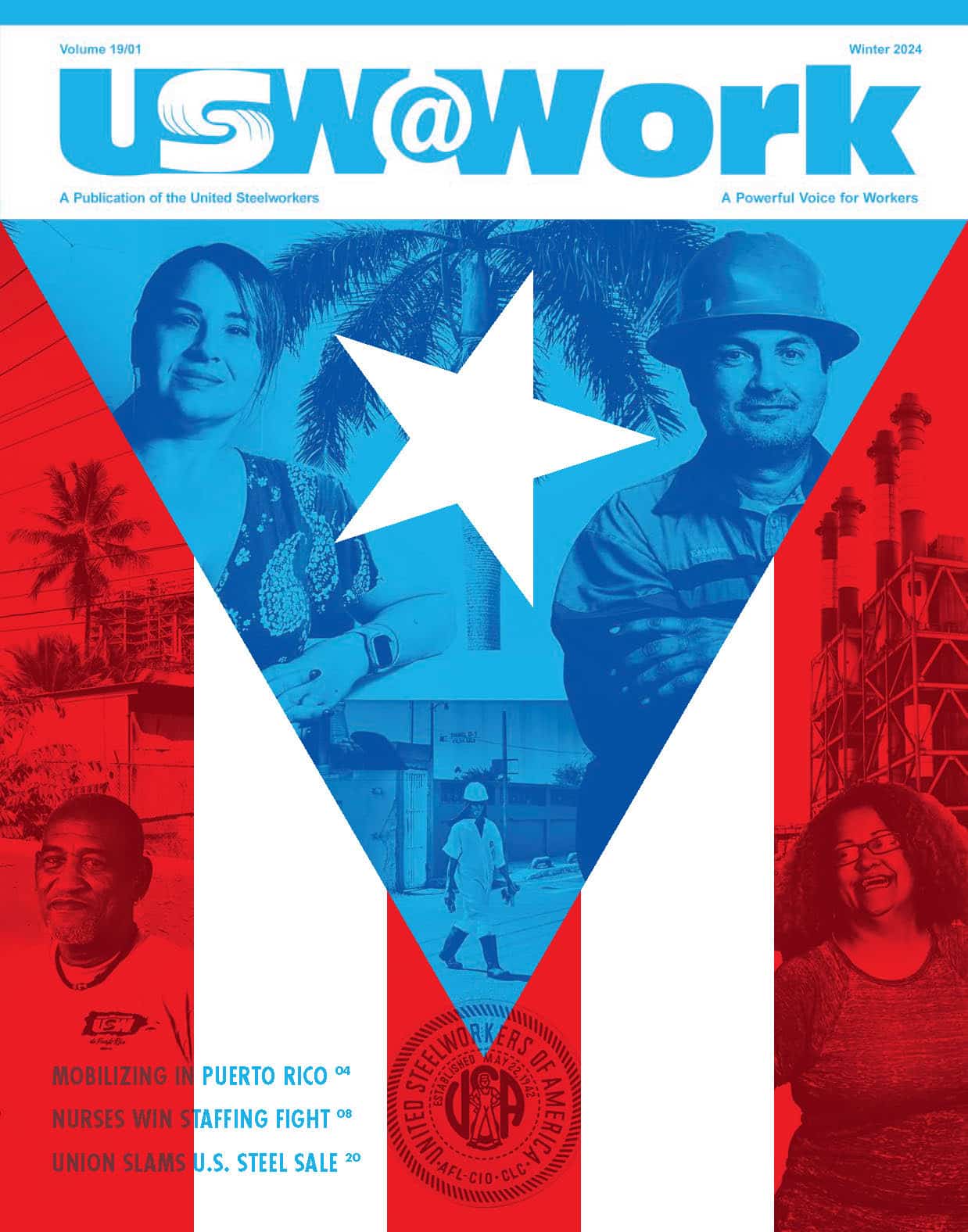Striking Workers Should Get Unemployment Benefits
Right now, there are only a few places in the United States where workers who are forced to go on strike can receive unemployment benefits from the state.
Lawmakers in some states are currently considering changing their rules to allow striking workers to access unemployment benefits.
This can be a huge difference-maker during a labor dispute. My fellow union members know that we don’t take strikes lightly. When we strike, it’s usually because our employers committed labor violations, pushed workers to the breaking point and left us no other choice.
USW Members Support Tire Case
The U.S. International Trade Commission’s (ITC) announced in November that it had made affirmative preliminary determinations on dumped truck and bus tires from Thailand.
The ITC investigation came in response to a USW-filed petition seeking anti-dumping duties on the imports. It was the 13th such petition the USW led or supported on unfairly traded tire and rubber products.
Anti-dumping duties are applied to imports that are sold – or dumped – in the United States at below fair market value.
Member Testifies in Brass Rod Case
Jill Stough of Local 7248 at Wieland Chase in Montpelier, Ohio, testified in December before the International Trade Commission (ITC) in support of duties on unfair imports of brass rod.
The hearing was part of the ITC’s anti-dumping duty investigations on brass rod from Brazil, India, Israel, Mexico, Korea, and South Africa, and countervailing duty investigations of brass rod from India, Israel, and Korea.
Antidumping duties are applied to imports that are sold – or dumped – in the United States at below fair market value. Countervailing duties are meant to offset illegal subsidies that foreign governments provide to their manufacturers.

USW@Work: Volume 19, Issue 1
Related Publications
Ready to make a difference?
Are you and your coworkers ready to negotiate together for bigger paychecks, stronger benefits and better lives?